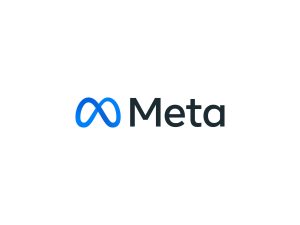AI News
 Documents revealed as part of a California class-action lawsuit reveal that Mark Zuckerberg, CEO of Meta, was personally aware that pirated books from “shadow libraries” were used to train their Large Language Model AI. The lawsuit alleges that Meta knowingly infringed on copyrighted material in trainings its AI tools. Plaintiffs include authors Ta-Nehisi Coates and Richard Kadrey. A new filing from the plaintiffs reads:
Documents revealed as part of a California class-action lawsuit reveal that Mark Zuckerberg, CEO of Meta, was personally aware that pirated books from “shadow libraries” were used to train their Large Language Model AI. The lawsuit alleges that Meta knowingly infringed on copyrighted material in trainings its AI tools. Plaintiffs include authors Ta-Nehisi Coates and Richard Kadrey. A new filing from the plaintiffs reads:
Meta has treated the so-called “public availability” of shadow datasets as a get out of jail free card, notwithstanding that internal Meta records show every relevant decision-maker at Meta, up to and including its CEO, Mark Zuckerberg, knew LibGen was “a dataset we know to be pirated.”
A Meta memo revealed in discovery says that after “escalation to MZ” [Mark Zuckerberg], the AI team was “approved to use LibGen,” a known pirate site, even though “coverage suggesting we have used a dataset we know to be pirated, such as LibGen, may undermine our negotiating position with regulators.” Meta reportedly released the documents about two hours before the cutoff time for discovery filings on December 13, 2024.
Meanwhile, in the UK, the government is considering a plan to make copyright holders opt out of having their data used to train AI. They have opened a “consultation period” for the proposal, which would put the burden on rights holders to refuse permission to use their data to train AI, rather than making tech companies actually acquire the rights, as every other licensor must do.
The government statement says,
At present, the application of UK copyright law to the training of AI models is disputed. Rights holders are finding it difficult to control the use of their works in training AI models and seek to be remunerated for its use. AI developers are similarly finding it difficult to navigate copyright law in the UK, and this legal uncertainty is undermining investment in and adoption of AI technology.
This status quo cannot continue. It risks limiting investment, innovation, and growth in the AI sector, and in the wider economy. It effectively prevents creative industries from exercising their rights.
For the complete statement, see the website.
The government is soliciting feedback on the proposal through February 25, 2025. To comment.
While you are here, please take a moment to support Locus with a one-time or recurring donation. We rely on reader donations to keep the magazine and site going, and would like to keep the site paywall free, but WE NEED YOUR FINANCIAL SUPPORT to continue quality coverage of the science fiction and fantasy field.
©Locus Magazine. Copyrighted material may not be republished without permission of LSFF.







